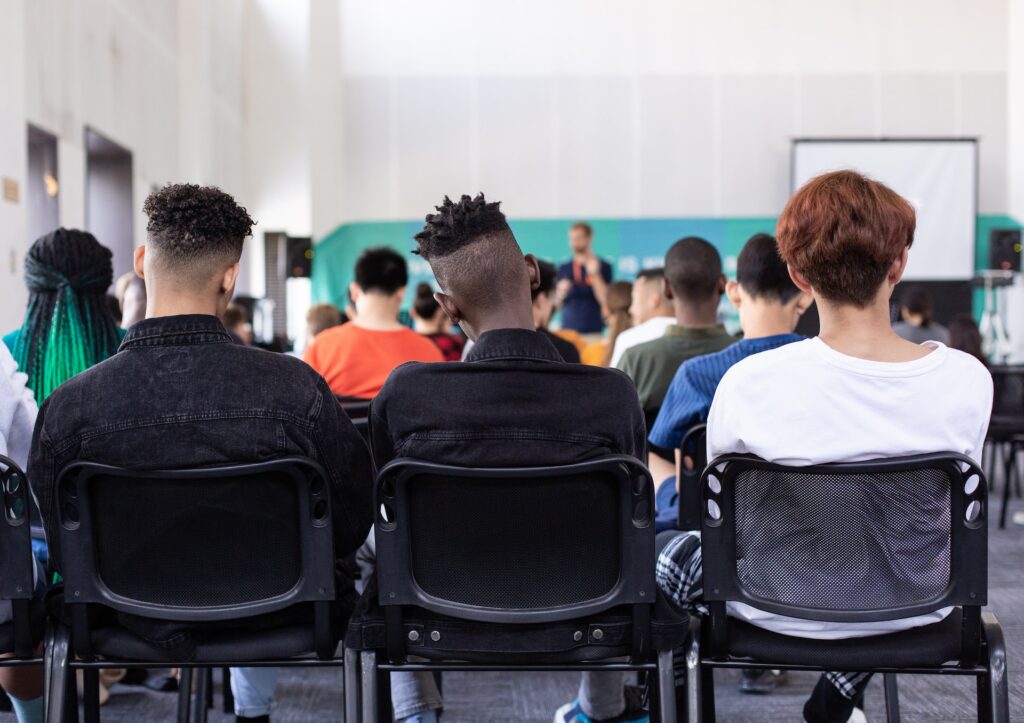Campaigners are concerned given the rise of misogyny online

Students are not being adequately about the impact of pornography and risky relationships in school, according to a new research.
Three years after the government introduced statutory Relationships, Sex and Health Education (RSHE) for all pupils in secondary schools, only 40 per cent of young people rate their lessons as ‘good’ or ‘very good’. More than a quarter still felt lessons were neither relevant (26 per cent) nor helpful (27 per cent).
Students report that they don’t learn enough about today’s most pressing issues, including pornography (58 per cent), LGBTQ+-relevant information (54 per cent) and healthy relationships (54 per cent).
The survey, by Censuswide, involved 1,002 students aged 16 to 17 who attended school in England.
Campaigners argue educating young people about such issues are more important than ever, with the explosion of porn that normalises violence against women and an increase in online misogyny as shown by the rise of ‘toxic’ influencer Andrew Tate.
A study by the children’s commissioner for England revealed earlier this year that one in 10 children had watched pornography by the time they are nine years old.
This research also found that four out of five (79 per cent) of youngsters have seen pornography involving violence by the age of 18, while one in three of those questioned have actively sought out content of a sexually violent nature such as physical aggression, coercion and degradation.
There are calls for the government to make drastic improvements when it reviews its mandatory guidance on RSHE this year.
Lucy Emmerson, chief executive of the Sex Education Forum, which commissioned the research, says: “Young people are honest about the shortcomings they perceive in school RSE – and the Government needs to listen to them in order to deliver more meaningful RSE. Students reported that even basic topics like healthy relationships and online content are often lacking.
“Young people demand – and deserve – better: they want more time dedicated to RSE, LGBTQ+ inclusion and specialised, skilled teachers who can discuss contemporary issues. Policymakers risk letting down a whole generation if they pass up this year’s opportunity to engage young people on curricula development and deliver on the teacher training investment.”
Labour MP Sarah Champion, who campaigned to make RSE mandatory in all schools, called for increased government investment in teacher training.
In a blog post last month she wrote: “Teachers have had little to no training in the roll-out of these challenging lessons. I have continued to urge the government to invest in our schools to ensure RSHE is as effective as possible, including lessons on mental wellbeing, but so far, I have seen no improvements.
“RSHE is invaluable for preventing abuse, with lessons about consent and healthy relationships, but also for educating both teachers and pupils on identifying a problem early, such as mental health issues, and intervening before it is too late.”
